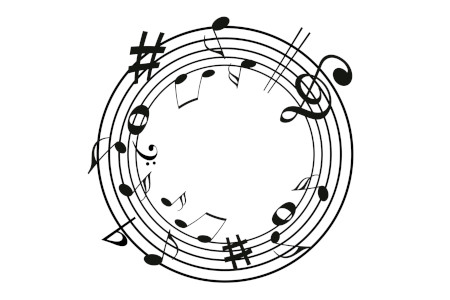Voltaire? Sarvepalli Radhakrishnan? Desmond MacCarthy? Sissela Bok? Joseph Wood Krutch? Norman L. Torrey? Marvin Lowenthal? Henry Hazlitt? Richard Dawkins? Apocryphal?
Question for Quote Investigator: A system that forces people to embrace absurd beliefs causes damage to their processes of rational thought. These impaired people are more likely to act illogically and destructively. With encouragement they may act barbarously. Here are three instances from a family of related sayings:
(1) Those who can make you believe absurdities can make you commit atrocities.
(2) People will continue to commit atrocities as long as they continue to believe absurdities.
(3) If we believe absurdities we shall commit atrocities.
The famous French philosopher Voltaire (pen name of François-Marie Arouet) supposedly made one of these remarks, but I have been unable to find a precise citation. Would you please explore the provenance of these sayings?
Reply from Quote Investigator: Researchers have been unable to find an exact match for any of these statements in the works of Voltaire. There is a partial match using the word “unjust” instead of “atrocities”. Here is the original French statement followed by three possible translations:1
1765: Certainement qui est en droit de vous rendre absurde, est en droit de vous rendre injuste
Translation 01: Certainly, whoever has the right to make you absurd has the right to make you unjust
Translation 02: Truly, whoever can make you look absurd can make you act unjustly
Translation 03: Certainly anyone who has the power to make you believe absurdities has the power to make you commit injustices
The line above appeared within letter number eleven published in 1765 in Voltaire’s work “Collection des Lettres sur les Miracles” (“Collection of Letters on Miracles”). A larger excerpt appears further below.
Pertinent matches in English using the word “atrocities” began to appear by 1914. Voltaire usually received credit for these sayings, and they form a natural family although the precise phrasings and meanings vary. The following overview with dates shows the evolution:
1914: As long as people continue to believe absurdities they will continue to commit atrocities (Spoken by a fictional version of Voltaire)
1933: Men will continue to commit atrocities as long as they continue to believe absurdities (Described as “formula of Voltaire”)
1936: Men will continue to commit atrocities as long as they continue to believe absurdities (Attributed to Voltaire)
1937: If we believe absurdities, we shall commit atrocities (Sarvepalli Radhakrishnan)
1944: Men will be brutal so long as they believe absurdities (Attributed to Voltaire)
1946: People who believe in absurdities will commit atrocities (Attributed to a great thinker)
1960: Certainly any one who has the power to make you believe absurdities has the power to make you commit injustices. (Translation of Voltaire by Norman L. Torrey)
1963: Those who can persuade us to believe absurdities can make us commit atrocities (Described as a dictum of Voltaire by Norman L. Torrey)
1977: Those who can make you believe absurdities can make you commit atrocities (Attributed to Voltaire)
Here are selected citations in chronological order.
Continue reading “Quote Origin: Those Who Can Make You Believe Absurdities Can Make You Commit Atrocities”








